- Protecting Your Brand with Strategic Domain Extensions
- Why Diversifying Domain Extensions is Crucial
- Defensive Domain Registration: A Proactive Approach
- Domain Extensions and Brand Reputation
- Consequences of Neglecting Domain Protection
- The Importance of Ongoing Monitoring
Domain Extensions: Must-Have Protection for Your Brand
Domain extensions are critical for protecting your brand in today’s competitive digital landscape. They represent your online identity and play a significant role in building trust, attracting customers, and safeguarding your brand reputation. Failing to secure relevant domain extensions can expose your brand to cybersquatting, brandjacking, and lost revenue. This article will delve into the importance of domain extensions for brand protection, exploring the strategies you can employ to safeguard your brand and outlining the potential consequences of neglecting this crucial aspect of your online presence.
Protecting Your Brand with Strategic Domain Extensions
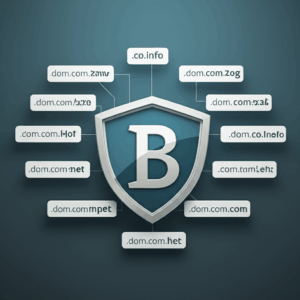
Securing the appropriate domain extensions is a fundamental step in building a strong and resilient brand presence online. Think of it as acquiring prime real estate in the digital world. Just as a physical address identifies your business location, your domain name acts as your online address, directing customers to your website and other online assets. By strategically registering relevant domain extensions, you can significantly enhance your brand protection and ensure a cohesive online experience for your customers. This includes considering variations of your primary domain, such as alternative spellings, common misspellings, and industry-related keywords.
Why Diversifying Domain Extensions is Crucial
Diversifying your domain portfolio by securing various extensions, including country-specific top-level domains (ccTLDs) like .uk or .ca and generic top-level domains (gTLDs) like .com, .net, and .org, can effectively prevent competitors or malicious actors from registering similar domains and capitalizing on your brand recognition. Imagine a scenario where a competitor registers a domain name nearly identical to yours but with a different extension. They could potentially divert traffic intended for your website, leading to lost sales and confusion among your target audience. Diversifying your domain extensions minimizes this risk.
Furthermore, owning multiple domain extensions associated with your brand reinforces your online authority and credibility. It demonstrates a commitment to your brand and signals to customers that you are a legitimate and established business. This is particularly important in industries where trust and reputation are paramount, such as finance and healthcare.
Defensive Domain Registration: A Proactive Approach
Defensive domain registration is a proactive strategy that involves registering domain names that are variations of your primary domain name or related to your brand, even if you don’t intend to actively use them. This involves considering variations like common misspellings, pluralizations, and industry-related keywords. This acts as a protective shield against cybersquatting, a practice where individuals register domain names similar to established brands with the intent to sell them at inflated prices or to divert traffic to their own websites.
For example, if your primary domain is “example.com,” you might consider registering “examples.com,” “example.net,” “example.org,” and even common misspellings like “exapmle.com.” This proactive measure can save you significant time and money in the long run by preventing potential legal battles and reputational damage.
Domain Extensions and Brand Reputation
Your domain name is often the first point of contact a customer has with your brand online. It forms a critical part of their first impression, influencing their perception of your professionalism and trustworthiness. A well-chosen domain name, coupled with appropriate extensions, can strengthen your brand image and build trust with your target audience. Conversely, a poorly chosen domain or failing to secure relevant extensions can damage your reputation and lead to lost business.
Consequences of Neglecting Domain Protection
Failing to secure relevant domain extensions can have several negative consequences for your brand, including:
Loss of Traffic and Revenue: Cybersquatters can divert traffic intended for your website to their own, resulting in lost sales and opportunities.
Damage to Brand Reputation: A competitor or malicious actor using a similar domain can damage your brand image and erode customer trust.
Legal Disputes: Recovering a domain name from a cybersquatter can be a lengthy and expensive legal process.
Brand Confusion: Similar domain names can create confusion among your target audience, making it difficult for them to find your official website.
The Importance of Ongoing Monitoring
Securing your domain extensions is not a one-time task. It requires ongoing monitoring to ensure that your domains remain secure and that no unauthorized registrations occur. Utilizing domain monitoring services can help you track new domain registrations and identify potential threats to your brand. These services can alert you to any suspicious activity, allowing you to take swift action to protect your brand.
In conclusion, domain extensions are an essential component of brand protection in the digital age. By strategically registering and managing your domains, you can safeguard your brand reputation, prevent cybersquatting, and ensure a cohesive online experience for your customers. Investing in domain protection is a proactive measure that can save your business from significant financial and reputational damage in the long run.

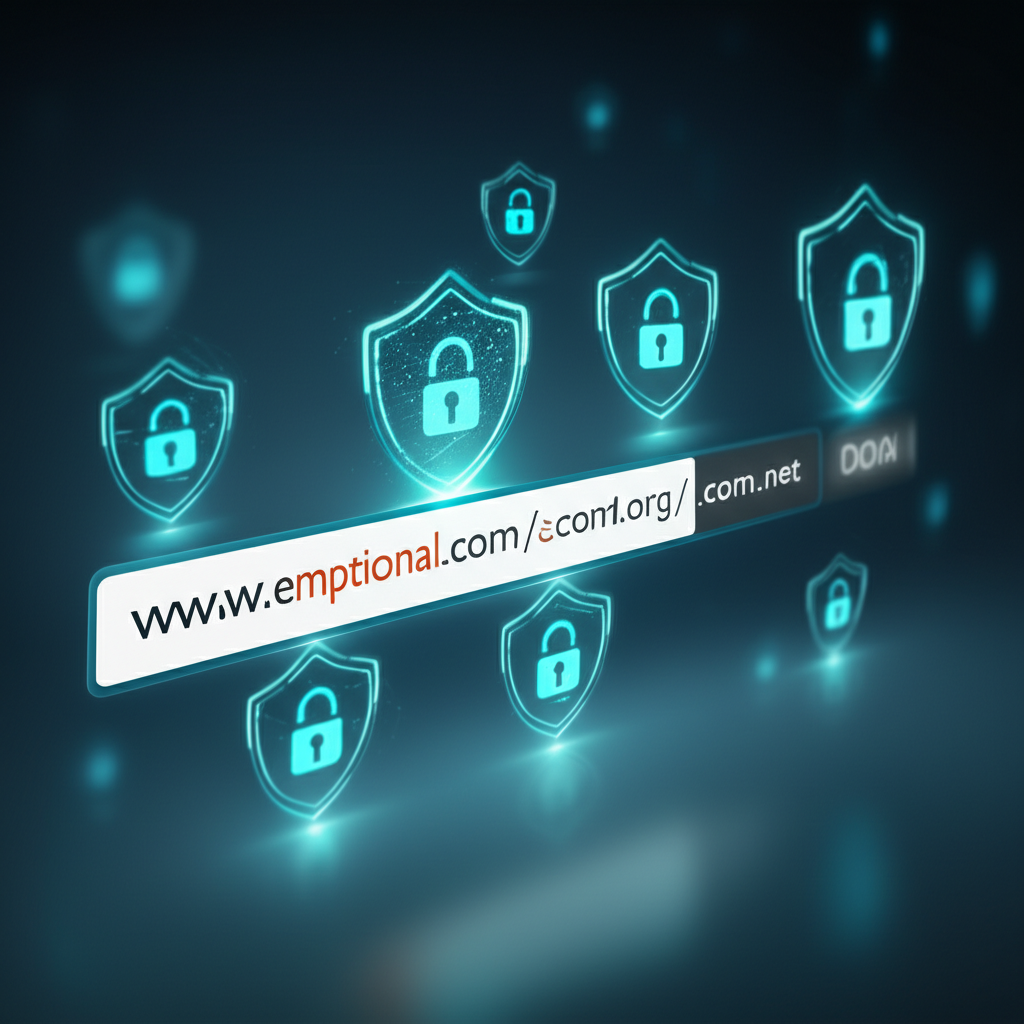



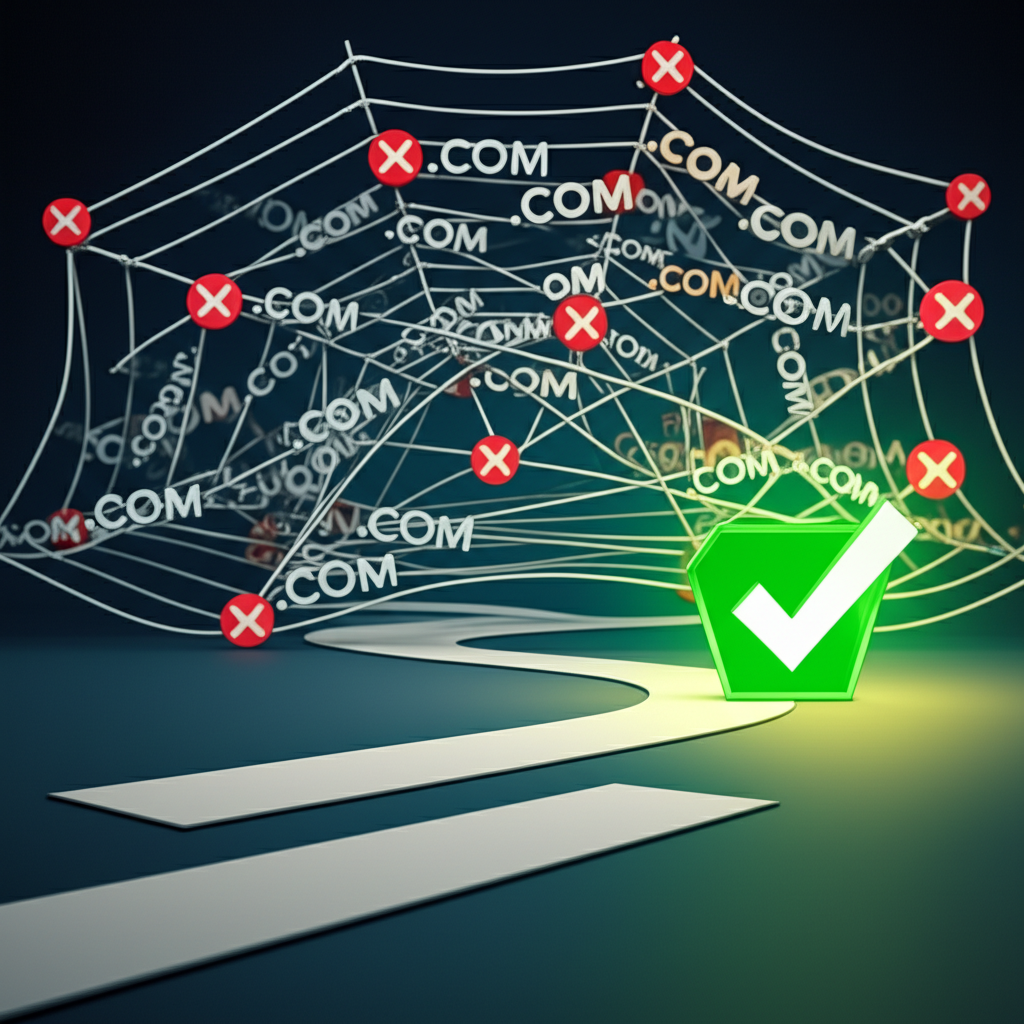

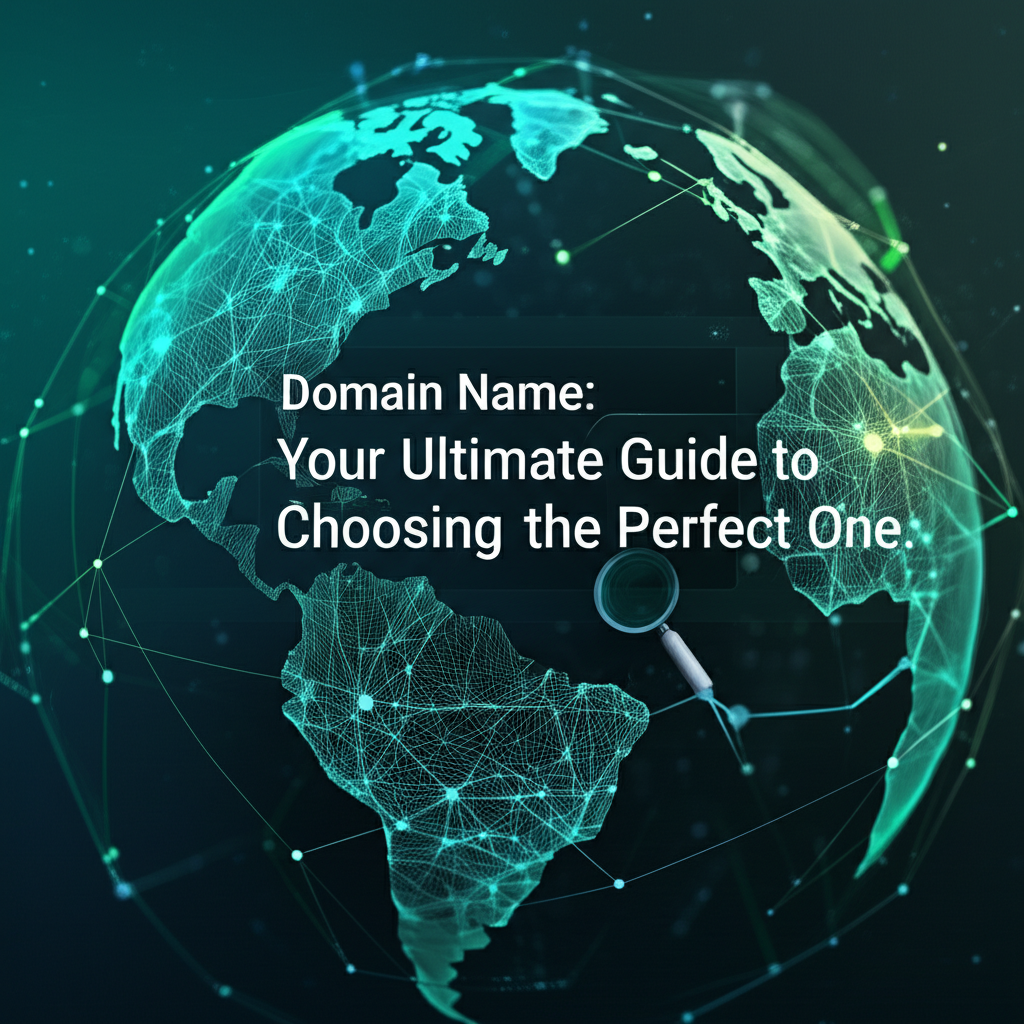



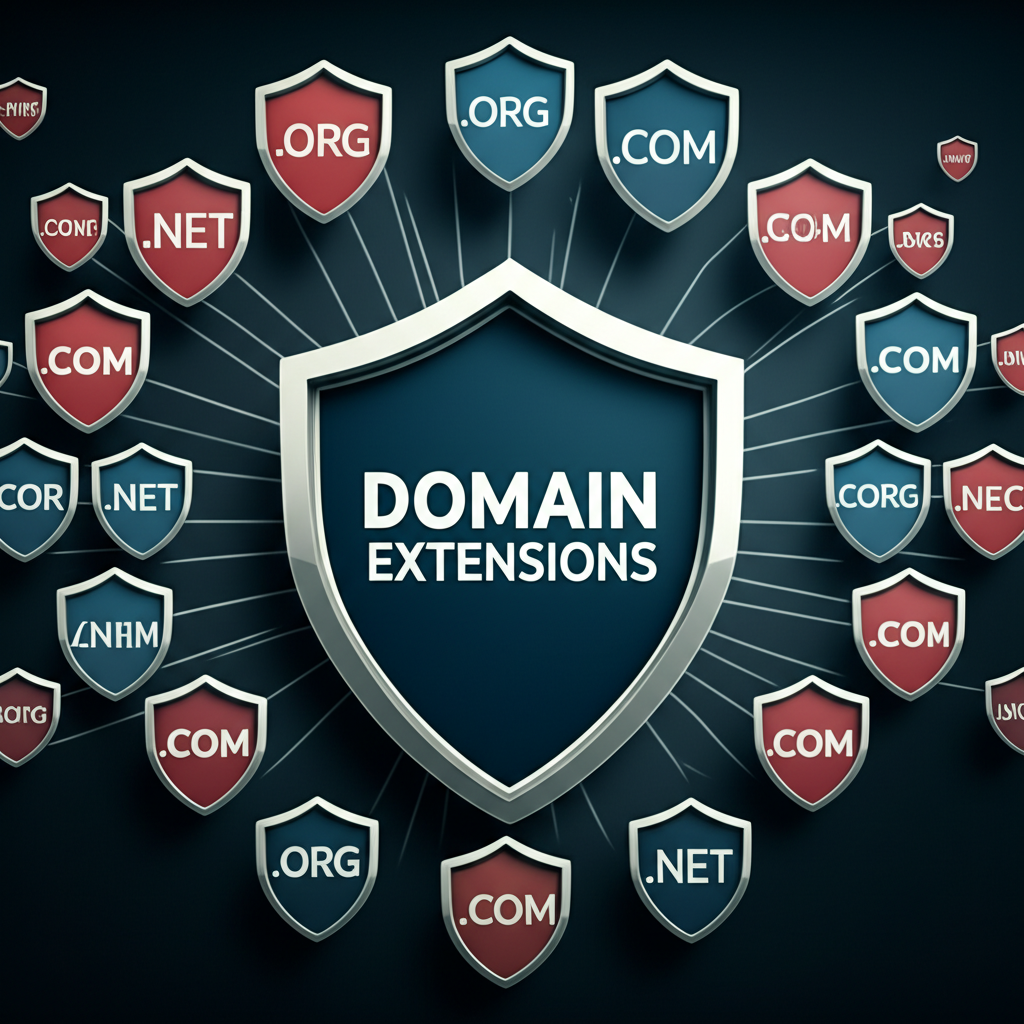



Leave a Reply